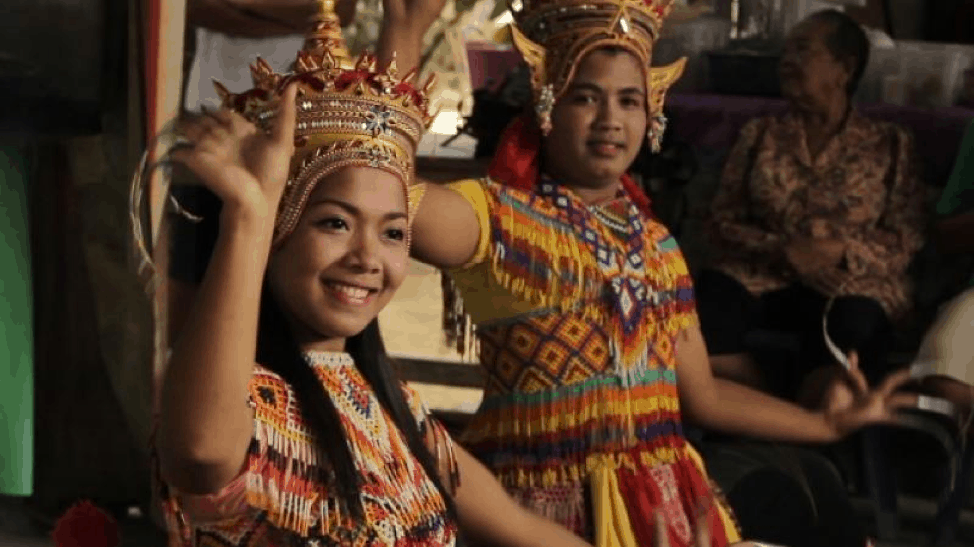(Credit: British Council)
SUMMARY
In February 2019, Thailand passed the Social Enterprise Promotion Act. The Act outlines several key components and enabling measures that will be launched to accelerate the growth of its social enterprise sector. With this legislation, Thailand joins other countries from the region like Malaysia and Singapore who have introduced policies, tax incentives and funding schemes aimed at promoting and financing social enterprises.
“The law makes it possible for social enterprises – and their supporters – to receive various benefits from the region… It recognises the role that social enterprises can play in solving social, economic and environmental challenges,”
– Vichit Charadsooksawad, Director, Industry Law Division, Advisory Council of the Government of Thailand
BACKGROUND
The concept of ‘social enterprise’ is a familiar one to Thai society. Pioneering players, such as Cabbages and Condoms and DoiTung, catalysed the modern social enterprise movement in the 70s and 80s when they used business models to successfully tackle a wide range of social and poverty-related issues in their communities.
Over the years, the government of Thailand has acknowledged and supported the growth of social enterprises to address national development challenges. The Thai Social Enterprise Office (TSEO) was established in 2010 as a national agency whose key mandate was to facilitate an enabling environment for social entrepreneurship to flourish in Thailand. TSEO has worked with the Stock Exchange of Thailand (SET) to design award schemes and knowledge-sharing activities, encouraging companies to invest their Corporate Social Responsibility (CSR) spending in social enterprises and ethical businesses. [1] Incentives were also formed to promote the co-creation of social ventures through public-private partnerships.[2]
After the formation of TSEO, the drafting of the Social Enterprise Promotion Act began in 2015. After several phases of fine-tuning, the Act gained full government endorsement in February 2019. The framework states measures to formally introduce social entrepreneurship in schools, research funding and loan schemes, a public procurement system, as well as tax benefits for investors in social enterprise. Under the Act, provision is also made for a Social Enterprise Fund and incubation programme to help early-stage start-ups.[3]
Amidst Thailand’s steady progress in raising social and economic development levels, the Social Enterprise Promotion Act now puts the growth potential of social enterprises high on the national agenda, signalling the Thai government’s openness to explore measures enabling greater movement of private capital towards social impact.
CONNECT
Join vibrant discussions with the Thailand AVPN community and other Southeast Asian social investors at our signature Southeast Asia Summit 2020 next year, taking place in Bali, Indonesia.
LEARN
For further information on Thailand’s social investment landscape, click here.
LEAD
The Social Enterprise (SE) Development Toolkit harnesses our network and partnerships to provide expertise needed to address SEs competency and funding gaps. Find out more.
[1]SET. Social Impact Investment. Accessed September 19, 2019. https://www.set.or.th/sustainable_dev/en/social_impact_investment/about_p1.html#upcoming
[2]British Council. Social enterprise is set to take off in Thailand. Accessed September 19, 2019. https://www.britishcouncil.org/society/social-enterprise/news-events/news-social-enterprise-set-to-take-off-in-thailand
[3]K. Noom – Nuttaphong Jaruwannaphong, 2019, ANDE Talk, Update on Thailand Social Enterprise Promotion Act

















